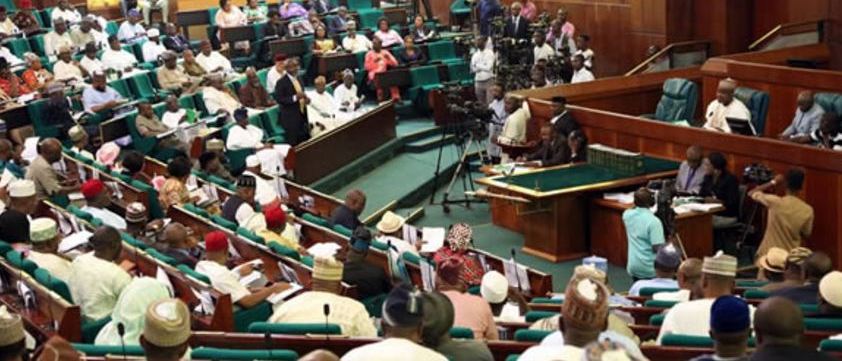The House of Representatives on Thursday, May 9, directed the Central Bank of Nigeria, CBN, to halt the implementation of the cybercrime levy introduc
The House of Representatives on Thursday, May 9, directed the Central Bank of Nigeria, CBN, to halt the implementation of the cybercrime levy introduced in compliance with the Cybercrime Act.
Recall that the CBN, on Monday, May 6, directed banks and other financial institutions to start charging a cybersecurity levy on all banking transactions.
In the circular, the implementation of the levy would start in two weeks.
The lower legislative chamber expressed concerns that the CBN’s circular could be misinterpreted by Nigerians and contradicts section 44(2a) of the Cybercrime Act, which specifies the levy’s recipients.
In response to a motion of urgent public importance presented by Minority Leader Kingsley Chinda on behalf of all members, the House urged the CBN to withdraw its previous circular immediately and issue a revised circular in accordance with the Act’s provisions.
Chinda elaborated that according to section 44(2a) of the Cybercrime Act, the entities responsible for paying the specified fees include GSM and telecom companies, internet providers, banks and other financial institutions, insurance companies, and stock exchanges.
He expressed concern that the CBN’s circular has caused widespread apprehension, creating the perception that the levy is to be borne by individual Nigerians, particularly during a time when they are grappling with rising prices of petroleum products and other economic challenges.
Furthermore, Chinda highlighted that the CBN circular has sparked various interpretations, contributing to the confusion surrounding its implementation.
